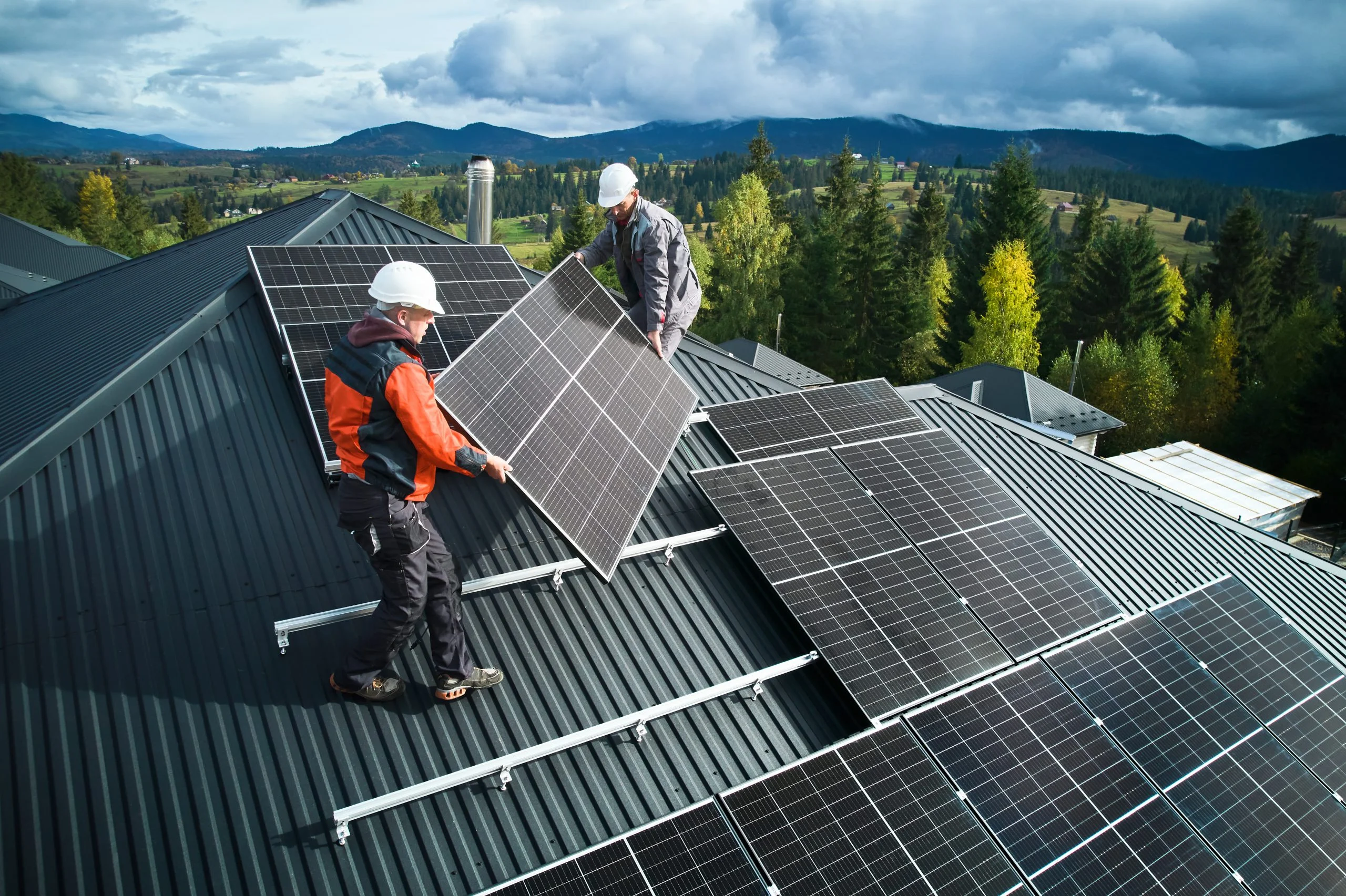As the world grapples with the urgent challenges of climate change and depleting fossil fuel resources, solar energy emerges as a beacon of sustainability and innovation. Harnessing the power of the sun, solar energy technology has rapidly evolved, offering cleaner and more efficient alternatives to traditional energy sources. With advancements in solar panel efficiency, energy storage solutions, and innovative applications, the potential for solar energy to transform our energy landscape is immense, promising a brighter, greener future for generations to come.
In this article, we will explore the fundamentals of solar energy, including its benefits, challenges, and the latest trends in solar technology. From residential installations to large-scale solar farms, we will examine how solar energy is reshaping energy consumption and its pivotal role in reducing greenhouse gas emissions. Join us as we delve into the intricacies of solar energy and its vital contribution to a more sustainable world.
Advantages of Solar Energy
One of the most significant benefits of solar energy is its potential to drastically reduce greenhouse gas emissions. By shifting towards solar power, individuals and businesses can decrease their reliance on fossil fuels, which are the primary contributors to climate change. Additionally, solar energy is abundant and renewable, ensuring that it will be available for the long term without depleting global resources. Innovations in solar technology, such as improved photovoltaic cells and energy storage systems, have made solar power more accessible and efficient than ever. For those interested in adopting solar solutions at home, various resources, including the website, offer guidance on installations and financing options.

Challenges in Solar Energy Adoption
Despite its glaring advantages, the adoption of solar energy faces several challenges. Initial installation costs can be a barrier for many households and businesses, although prices have been declining due to advancements in technology and manufacturing efficiencies. Additionally, the intermittency of solar energy—dependent on daylight and weather conditions—poses challenges for reliability in energy supply. Ongoing improvements in battery storage technology are crucial to addressing these limitations, enabling homes and organizations to store excess energy for use during low-sunlight periods. Ensuring that infrastructure keeps pace with the rapid growth of solar installations will be pivotal for a successful transition to a solar-powered future.
As we move forward into an era increasingly defined by renewable energy, the role of solar power becomes ever more crucial. With its ability to provide clean, sustainable energy while significantly curbing greenhouse gas emissions, solar energy stands at the forefront of the global transition towards a low-carbon economy. Innovations in solar technology continue to enhance efficiency and affordability, making it more accessible to a wider population. While challenges such as initial costs and energy intermittency persist, ongoing advancements in energy storage and infrastructure are paving the way for a more resilient energy system. Ultimately, by embracing solar energy, we not only invest in our present but also secure a sustainable future, empowering individuals and communities to thrive in harmony with the planet.





